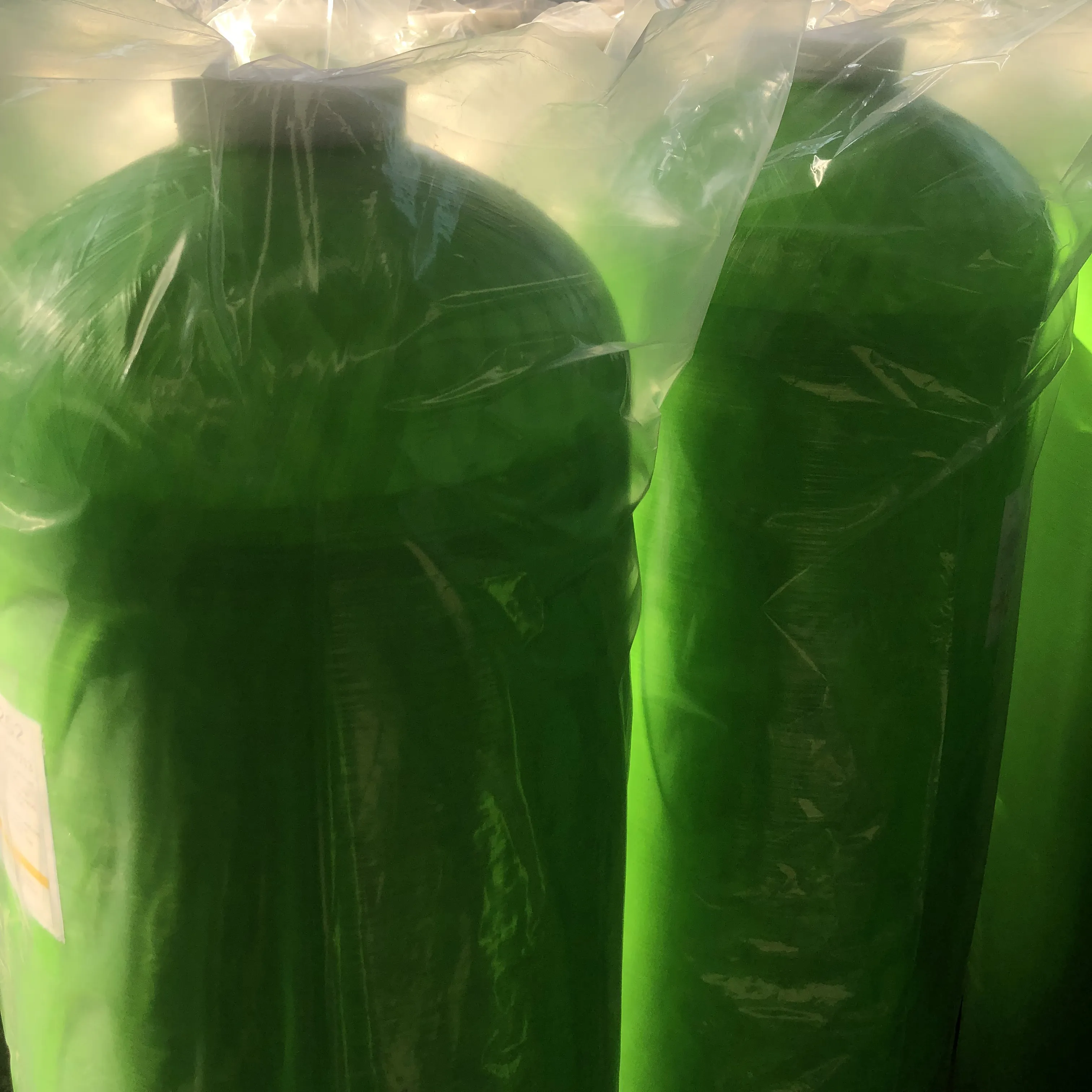loading...
- No. 9, Xingyuan South Street, Dongwaihuan Road, Zaoqiang County, Hengshui, Hebei, China
- admin@zjcomposites.com
- +86 15097380338
- Welcome to visit our website!
Innovative Solutions for Composite Material Tanks and Vessels in Industrial Applications
Fibre Reinforced Plastic Tanks and Vessels An Overview
In the modern world, the demand for advanced materials in various industries has led to the widespread use of Fibre Reinforced Plastic (FRP) in manufacturing tanks and vessels. These materials combine polymer resins with fibrous reinforcements, such as glass or carbon fibers, to create composite materials that exhibit superior strength, durability, and resistance to corrosion. This article explores the characteristics, advantages, applications, and future prospects of FRP tanks and vessels.
Characteristics of Fibre Reinforced Plastics
Fibre Reinforced Plastics typically consist of a matrix (plastic resin) reinforced with fibers, enhancing the mechanical properties of the material. Glass fibres are the most commonly used due to their excellent strength-to-weight ratio and cost-effectiveness. However, carbon fibers may be employed in high-performance applications where lightweight and exceptional strength are critical. FRP can be engineered to meet specific requirements, allowing for various shapes, sizes, and designs, which makes it an attractive option for tank and vessel manufacturing.
Advantages of FRP Tanks and Vessels
1. Corrosion Resistance One of the most significant advantages of FRP tanks and vessels is their outstanding resistance to corrosion. Unlike traditional materials such as steel or concrete, FRP does not rust or degrade when exposed to chemicals, acids, or saline environments. This property makes FRP ideal for storing aggressive substances in industries like chemicals, wastewater treatment, and food processing.
2. Lightweight FRP materials are considerably lighter than their metal counterparts. This reduced weight not only lowers transportation and installation costs but also allows for the construction of larger vessels without the need for heavy structural support systems.
3. Design Flexibility FRP can be molded into various shapes and sizes, offering designers the freedom to create custom solutions that meet unique project requirements. This versatility is particularly useful in applications where space is limited.
4. Thermal Insulation Fibre Reinforced Plastics possess superior thermal insulation properties compared to metals. This characteristic is essential in applications where temperature control is vital, such as in the storage of heated or chilled liquids.
5. Long Lifespan With proper maintenance, FRP tanks and vessels can last significantly longer than traditional alternatives. Their resilience against environmental factors contributes to a reduced need for frequent replacements and repairs.
fibre reinforced plastic tanks and vessels

Applications of FRP Tanks and Vessels
Fibre Reinforced Plastic tanks and vessels find applications across diverse industries
- Chemical Industry FRP tanks are extensively used for storing corrosive chemicals, making them invaluable in chemical plants where the safety and integrity of storage vessels are paramount.
- Water Treatment FRP is utilized in water treatment facilities for various purposes, including storage, filtration, and distribution. Their resistance to algae and bacteria growth further enhances their utility in potable water systems.
- Food and Beverage Industry The ability to maintain sanitary conditions makes FRP an excellent option for storing liquids in the food and beverage sector, where hygiene is critical.
- Oil and Gas In the oil and gas industry, FRP tanks are employed for their lightweight properties and resistance to harsh chemicals, aiding in the storage and transportation of crude oil and refined products.
Future Prospects
The demand for FRP tanks and vessels is projected to grow as industries continue to seek sustainable and efficient solutions. Advancements in manufacturing technologies, such as automated fiber placement and advanced resin systems, will enhance the quality and affordability of FRP products. Moreover, the push towards environmentally friendly practices is likely to encourage the use of recyclable FRP materials, further solidifying their place in the market.
In conclusion, Fibre Reinforced Plastic tanks and vessels offer a host of advantages over traditional materials, including superior durability, flexibility in design, and resistance to corrosive environments. As industries continue to evolve, the role of FRP in enhancing operational efficiency and safety is set to grow, making it a pivotal component in modern manufacturing and storage solutions.
-
Transform Your Spaces with FRP Grating SolutionsNewsNov.04,2024
-
The Versatility and Strength of FRP RodsNewsNov.04,2024
-
The Excellence of Fiberglass Water TanksNewsNov.04,2024
-
The Benefits of FRP Grating for Your ProjectsNewsNov.04,2024
-
Elevate Your Efficiency with FRP Pressure VesselsNewsNov.04,2024
-
Welcome to the World of FRP Pressure VesselsNewsOct.12,2024
-
Unveiling the Future of Filtration: Why FRP Filter Vessels are a Game ChangerNewsOct.12,2024
